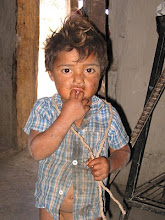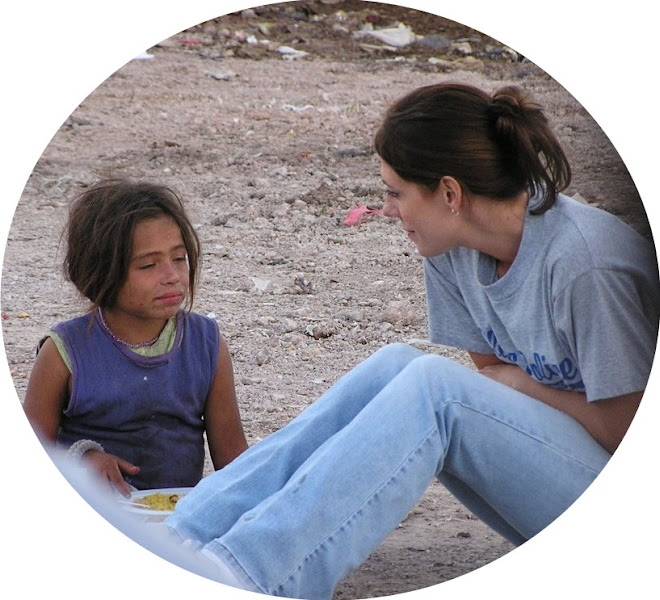Tripping Over My Tongue:
Communication is a critical part of life. Language is a part of communicating. When the person with whom one is trying to communicate does not share the same language base, the results can be quite interesting…or embarrassing.
When Ed and I moved to Honduras, Central America is 2001 with our two young sons, none of us spoke any Spanish, which was a problem because Spanish is the language the people of Honduras speak. We quickly set about trying to learn a grammatical base of the language and train our tongues to adapt to the local accent.
(Just a side note here, if anyone considering missions or ministry on a foreign field, this blog post is not meant to be a suggestion on how to do effective language acquisition…in fact, if anything, this blog will reveal the way not to go about trying to communicate in a foreign language!) Okay, back to the story…
So, we were thrust into interactions and service without any Spanish skills. Yes, it was stressful, yes it was frustrating, but it also makes for some good embarrassing stories. For instance, we met two cement block workers who were very friendly. Both of the men came to work near our home each morning. One morning Ed and I went over to say hello, actually “hola”, and to show them our desire to connect with them by our presence. After about 30 seconds I had expended all the Spanish I knew and was going to leave. But, then I recalled the lesson from the previous day about the titles of family members. So, with a huge smile on my face I tried to ask them, “So, how are your wives doing today?”. The look on their faces told me that I had not gotten some part of that sentence correct. There was a flash of anger, then embarrassment, then humor as they studied my expression. I stood there, heat rising in my face and neck, when I suddenly realized I had asked them how their husbands were doing. They laughed it off in the end, but I was totally humiliated. Oops.
Then there was the time I was serving on a medical brigade in an extremely rural area near the town of Botijas. The day began well and I felt like I was really connecting and understanding the spoken language as well as the nuances of the body language. A certain young woman came and sat in front of me. I took her vitals, did an initial physical exam, all the while asking her different questions about her ailments. At one point she showed me some bruised on her leg and told me she was suffering from domestic violence. (Okay, at least that is what I thought she said.) Not wanting to miss the spiritual and emotional ramifications of her needs, I signaled for a Honduran pastor to come over and I privately explained the situation to him. He proceeded to gently speak with the woman, trying to win her trust. After about 10 minutes, the woman became indignant and loudly demanded of me, “Just what do you think I told you?”. I took her arm and quietly explained that the Pastor could be trusted to discuss her domestic violence problem. She wrinkled her bronze forehead and looked at me like I was crazy. She then went on to tell me she never said any such thing. She insisted I treat her body aches and let her be on her way. When she said the Spanish words again, I knew why I had misunderstood. The words violencia and dolencia sound a lot alike when they proceed from a mouth with no teeth and rural accent. Big Oops.
Ordering coffee in a common enough task, unless you ask for “coffee topped with snot” instead of “coffee topped with mocha chocolate”, the subtle difference between the Spanish words moco and mocha. Let’s just say that about 6 other customers had a great laugh at my expense. Oops again.
Another sure way to thoroughly embarrass oneself is to confuse the Spanish phrase for “I’m hot”, as in the temperature is warm, with the Spanish phrase for “I’m hot”, as in a romantic overture. Serious Oops! (Okay, that one might have been the worst for me personally.)
The Schubert Family

Ed and Valerie Schubert with sons Wes and AJ, and daughter Cheynece
Subscribe to:
Comments (Atom)


.jpg)